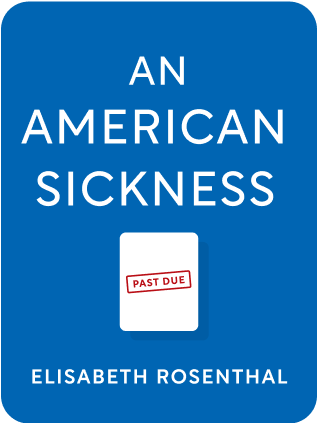

This article is an excerpt from the Shortform book guide to "An American Sickness" by Elisabeth Rosenthal. Shortform has the world's best summaries and analyses of books you should be reading.
Like this article? Sign up for a free trial here .
Under what president was the Affordable Healthcare Act enacted? And what is the main reason it failed to live up to its promises?
One of Obama’s hallmark achievements was passing the Affordable Care Act. While it made good progress in some areas, it ultimately fell very far from its original sweeping vision.
Here’s an overview of its achievements and its pitfalls.
Achievements of the Affordable Care Act
Here’s how the Affordable Care Act succeeded:
- It barred insurers from denying coverage to people with preexisting conditions.
- It banned lifetime limits on insurance payouts.
- It defined essential health benefits that insurers had to cover, like maternity care and screening procedures
- It allowed adult children to stay on family health insurance until age 26.
- It capped annual out-of-pocket spending per person (to around $7,000) as long as the patient stayed in-network. The aim was to limit bankruptcy caused by healthcare.
- (Shortform note: this doesn’t directly constrain costs. Even if patients can only pay a certain maximum, the extra cost just gets pushed onto higher premiums.)
Pitfalls of the Affordable Care Act
Here’s how the Affordable Care Act failed:
- It didn’t directly control rising costs. Its measures tried to achieve this in roundabout ways, with unclear efficacy.
- As healthcare costs rise, insurers can push expenses to the patient through higher co-pays and deductibles.
- Higher prices for drugs meant patients avoided getting any medicine, which raises the cost of later care once complications result.
- Insurers also narrowed networks, often to less experienced doctors and second-tier hospitals.
- It did not create a “public option” that allowed anyone to choose a national health insurance plan or get on Medicare. This would have created a large payer with large negotiating power over providers and pharmaceutical companies. However, the insurance industry fought this provision since it threatened their businesses.
- The public option’s successor, non-profit health insurance co-operatives, largely failed. These had started as small startups without the size to get enough negotiating leverage.
- Some incentives created by the ACA were easily gamed.
- For example, the ACA promoted free screening for certain conditions. But in some cases, providers could code procedures as a diagnostic instead of a screening procedure. For instance, if there was a benign polyp discovered 10 years ago, a colonoscopy could be a diagnostic instead of a screening.
- Furthermore, the screenings themselves could be free, but providers could charge for the room rental or anesthesiology.
It’s not clear to patients that their lives have improved with the Affordable Healthcare Act. Healthcare spending doesn’t seem to have been strongly controlled, and premiums have risen for many patients. This has led many to call for the repeal of the ACA.

———End of Preview———
Like what you just read? Read the rest of the world's best book summary and analysis of Elisabeth Rosenthal's "An American Sickness" at Shortform .
Here's what you'll find in our full An American Sickness summary :
- How U.S. healthcare got to the state it's in today
- Why it's so difficult to make any changes to the healthcare system
- What you can do to lower your personal healthcare costs







My insurance went from $254 per month with a 4K deductible to over $1500 with a $15k deductible. Whata fuckin’ win!